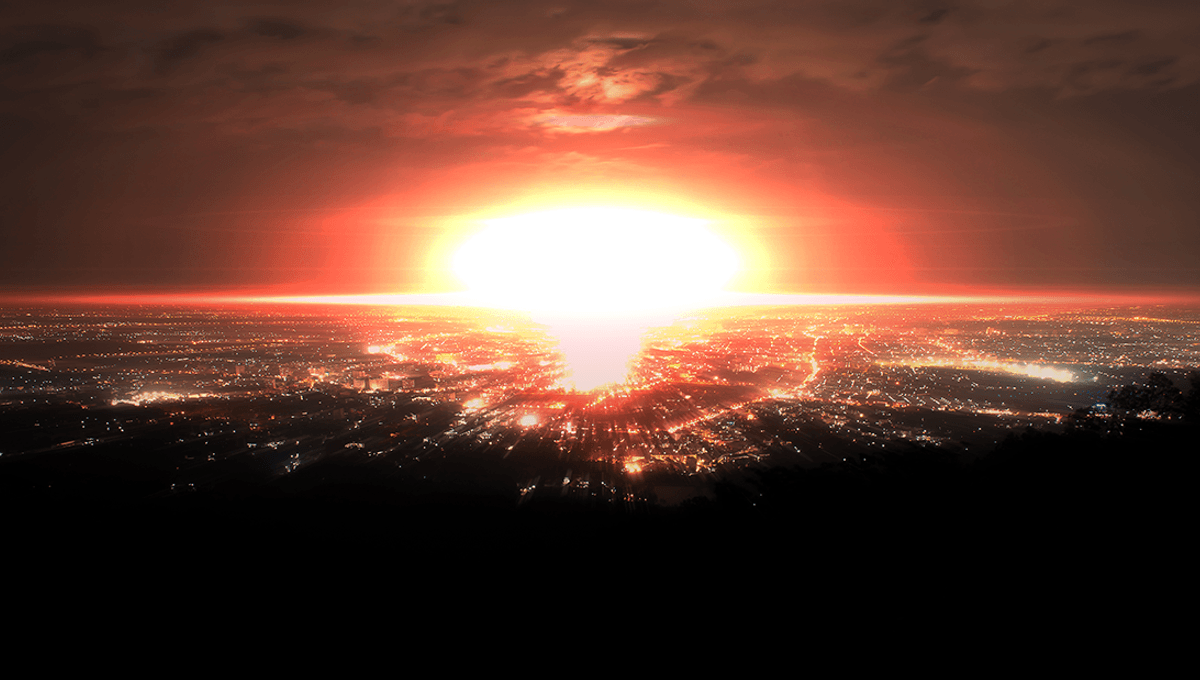
The Secretary-General of the United Nations (UN), António Guterres, has warned the world not to allow artificial intelligence (AI) a role in the decision to launch nuclear weapons.
Speaking at a meeting of the Arms Control Association (ACA), Guterres warned that “humanity is on a knife’s edge”, with the risk of nuclear weapons use being at “heights not seen since the Cold War”.
“States are engaged in a qualitative arms race,” Guterres said in his address. “Technologies like artificial intelligence are multiplying the danger, nuclear blackmail has reemerged with some recklessly threatening nuclear catastrophe, meanwhile the regime designed to prevent the use, testing, and proliferation of nuclear weapons is weakening. Dear friends, we need disarmament now.”
The Secretary-General urged countries to disarm, and for those that already possess nuclear weapons to lead the way.
“I also urge the United States and the Russian Federation to get back to the negotiating table, fully implement the new START treaty, and agree on its successor,” he continued. “Until these weapons are eliminated all countries must agree that any decision on nuclear use is made by humans; not machines or algorithms.”
While that last part may sound like a far-off threat, automation played a part in the Cold War.
A “dead hand” system of ensuring nuclear annihilation in the event that the Soviet Union’s command was destroyed by a nuclear blast monitored seismic activity, radiation levels, and air pressure for signs that a nuclear weapon had been launched at the superpower. If the system detected such a strike, it would then check if communication lines between top Soviet officials were open.
If they were, it would shut down after 15 minutes, as it would mean people who could decide on whether to launch a strike were still alive. If lines were dead, authority to launch nuclear weapons would be transferred to lower-level operators of the dead hand system inside a protected bunker, placing the fate of the world in the hands of a lower-level officer and a computer system.
This was never activated, which you can tell on account of how you’re alive. However, on September 26, 1983, a missile-detection system appeared to detect five nuclear missiles heading towards the Soviet Union. Soviet military officer Stanislav Petrov, skeptical of the detection, refused to tell the Soviet command to launch a retaliatory strike. The detection turned out to be the result of the Sun’s glare reflecting off high-altitude clouds, which looked like a potential strike from satellite data.
Perhaps we should be wary of automating – via algorithms or AI – decisions that could wipe out humanity. If it was up to them, humanity could have already been wiped out due to clouds.
Source Link: UN Head Warns World Not To Let Artificial Intelligence Control Nuclear Weapons